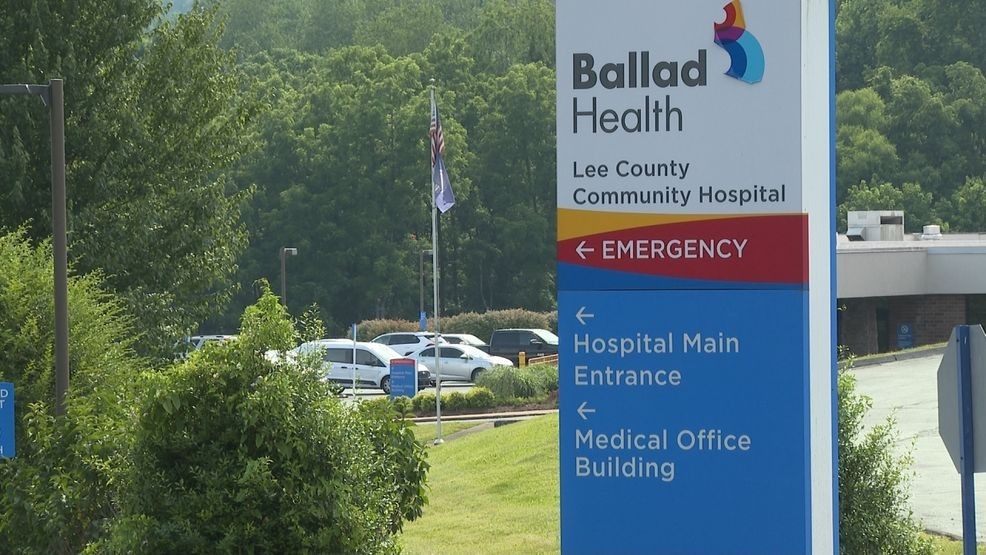
A piece of legislation currently under consideration in the Pennsylvania Senate has raised alarms among healthcare professionals and advocates in rural communities. The proposed bill, which seeks to modify the way Medicaid reimbursements are calculated across the state, could have significant ramifications for rural hospitals that already operate under tight financial constraints.
Under the proposed law, Medicaid payment models would be restructured in a way that could reduce reimbursement rates for hospitals serving low-income and remote populations. Critics argue that such a move would place many rural hospitals at financial risk, potentially leading to facility closures, decreased access to care, and job losses in areas with already limited healthcare resources.
Healthcare advocates warn that the bill would disproportionately affect small community hospitals that rely heavily on Medicaid funding to maintain essential services, such as emergency care and maternity wards. If passed without amendments to account for the unique challenges faced by rural facilities, the legislation could exacerbate existing disparities in healthcare access between urban and rural areas.
Proponents of the bill argue that the reform is necessary to create a more sustainable and equitable Medicaid system statewide. However, opponents have called for further impact assessments and revisions to ensure rural hospitals remain adequately funded and staffed.
The bill is still in its early stages of debate, and stakeholders from across the state—including hospital administrators, rural health advocates, and lawmakers—are engaging in discussions to shape its final structure. Committees are expected to review public feedback and expert testimony before proceeding to a full vote in the Senate.
As the legislative process unfolds, rural communities across Pennsylvania remain on high alert, hoping for policy adjustments that will protect vital healthcare services in underserved regions.
Source: https:// – Courtesy of the original publisher.








